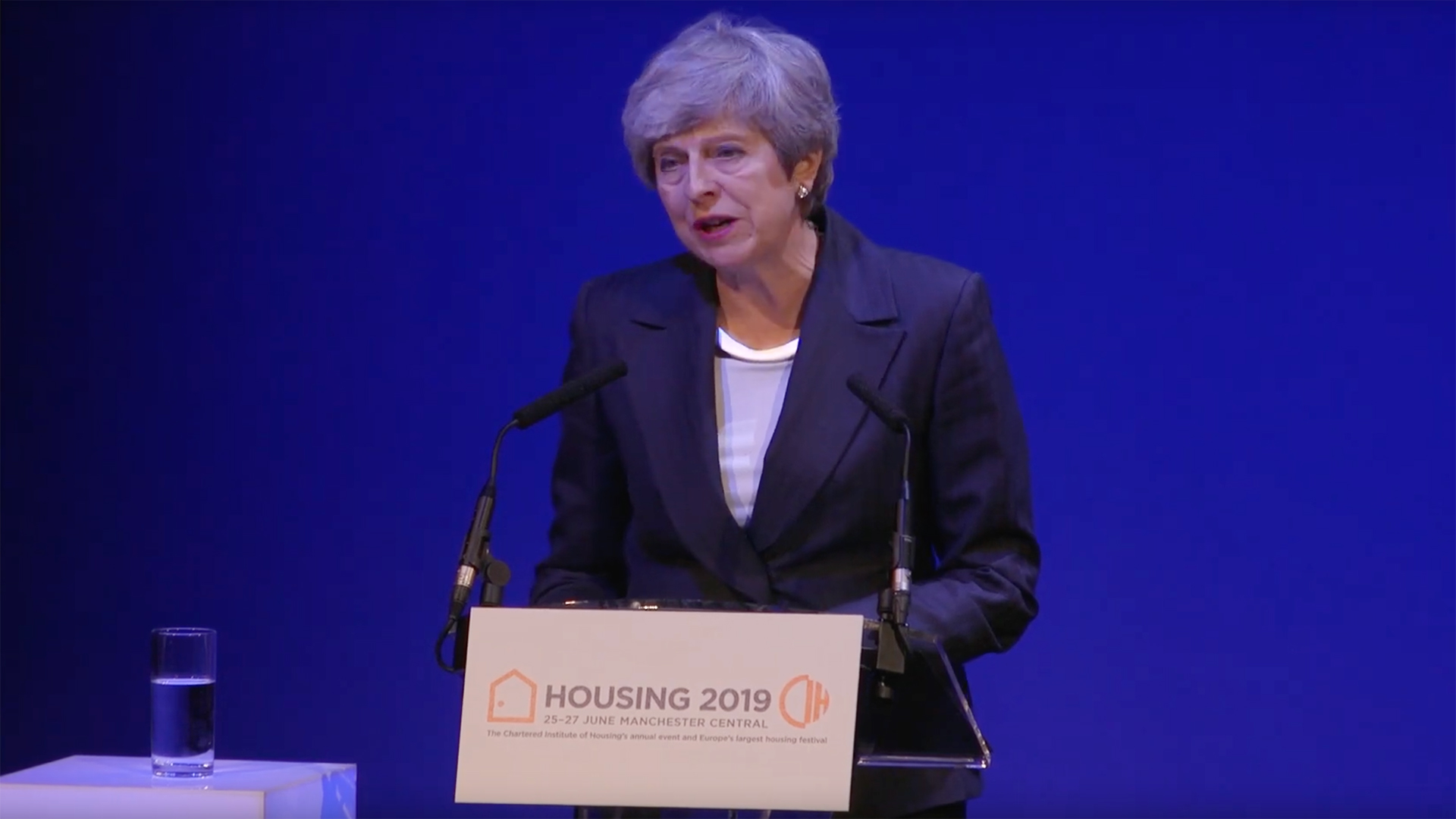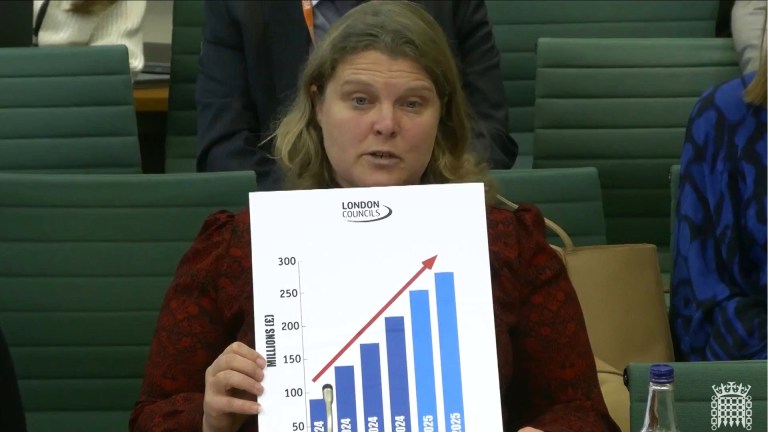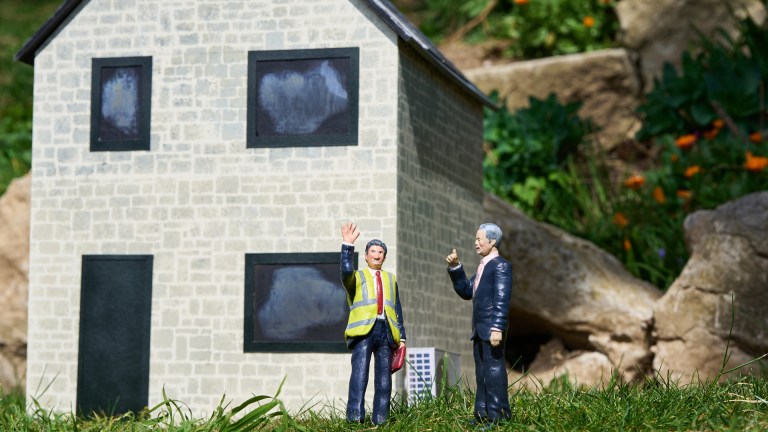“I cannot defend a system in which owners and tenants are forced to accept tiny homes with inadequate storage,” she said, “where developers feel the need to fill show homes with deceptively small furniture and where the lack of universal standards encourages a race to the bottom.”
She set out next steps on the Social Housing Green Paper, with an action plan expected in September – but this will be up to her successor to deal with.
In 2017-18, under May’s premiership, 6,535 social rent homes were delivered in England. This was a decline of nearly 85 per cent since the start of the decade when almost 40,000 social rent homes were built in the same length of time.
May’s surprise speech follows the release of figures which suggest a million homes will have been added in the past five years, with the number of extra houses being created up by 43 per cent in Nottingham and as much as 80 per cent in Birmingham.
However in the same period the number of new homes completed in England averaged 137,000 a year, not even half of the government’s target of 300,000.
Advertising helps fund Big Issue’s mission to end poverty
And, in those five years, the number of families has increased by 41 per cent. There are currently 61,740 homeless families in temporary accommodation, including more than 5,700 in emergency B&Bs and hostels.
She admitted that, three years on from when she entered Number 10 and committed to solving the housing crisis, there is still much more to be done – but claimed the government and the sector “have begun to turn around the crisis in British housing”.
Data published by the government earlier this year showed that there were over 1.1 million households on local authority housing waiting lists in England in 2017-18.
Labour’s London Assembly housing spokesperson, Tom Copley, called May’s U-turn on minimum space “welcome” but “extremely belated”.
“Her words will be of cold comfort to Londoners who are already stuck in rabbit-hutch-sized, poor quality housing as a result of her government having actively implemented planning loopholes that undermine space standards,” he added.
Advertising helps fund Big Issue’s mission to end poverty
He blasted the “damaging impact” of government-backed Permitted Development conversions, which do not require full planning permission, on “London’s already overstrained and underfunded housing market”.
Copley said the policy was the reason London had missed out on more than 5,000 affordable homes in favour of building thousands of units that flout national minimum space standards.
“If the Prime Minister is serious about sowing the seeds for the transformation of our housing market on her way out of Number 10, she should end Permitted Development conversions and urge her replacement to adequately fund affordable housing projects in London”.
The PM also reiterated her support of ending section 21 ‘no-fault’ evictions with a consultation to be published soon. Research by housing charity Shelter showed that 21 per cent of homeless households lost their last settled home because a private rented tenancy ended.
May claimed her proposals would “[rebalance] the relationship between tenant and landlord making major changes that will make an immediate and lasting impact in the lives of millions of families”.
Advertising helps fund Big Issue’s mission to end poverty
It might be too little, too late for major housing organisations and charities. Shelter, Crisis, the National Housing Federation, the Chartered Institute for Housing and the Campaign to Protect Rural England teamed up to call on the government for a £12.8bn investment in building a new generation of social homes. (Rural housing issues did not appear in May’s speech.)
The PM blamed decades of housing shortfalls for the crisis, pointing out that it began “not because of a blip lasting one year or one Parliament”, and warned against making the “same mistake” again.
Theresa May is expected to step down at the end of July, when either Boris Johnson or Jeremy Hunt will be named the UK’s new Prime Minister.










